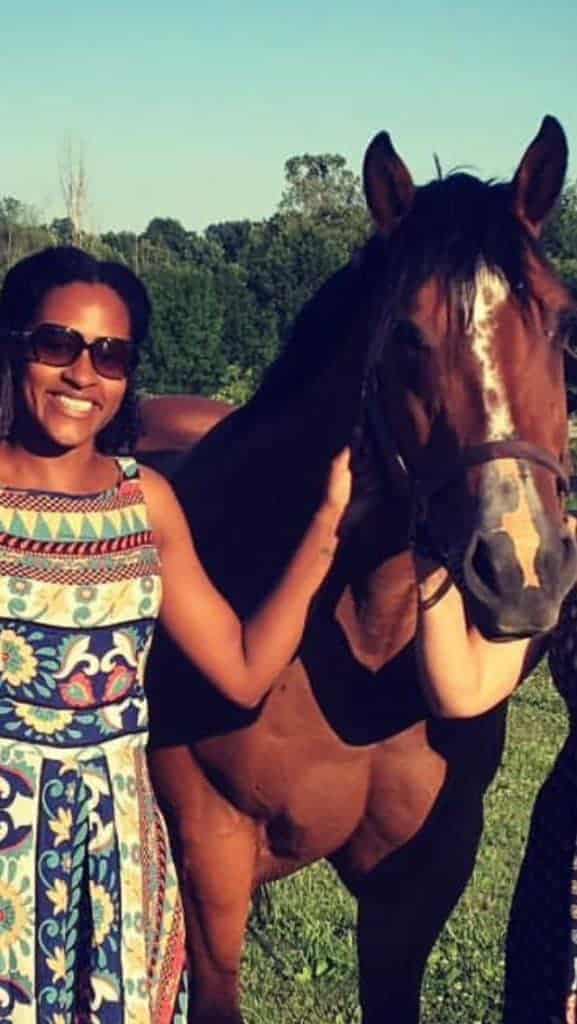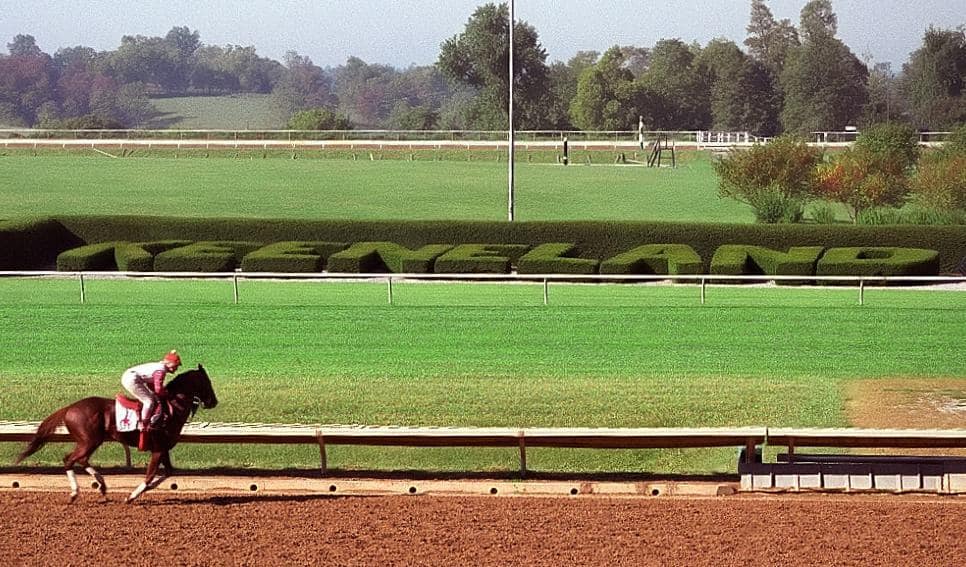
Kentucky EHV: Quarantine at Oldham County Facility Released
Unrelated EHV quarantines remain in place at Keeneland Race Course’s Rice Road Training Center and Turfway Park.

Unrelated EHV quarantines remain in place at Keeneland Race Course’s Rice Road Training Center and Turfway Park.

Officials released the facility from quarantine put in place after two horses there tested positive for EHV-1.

The last horse in isolation met the negative test requirements and has been released from quarantine.

Boakari is studying protein’s effects on mare reproductive parameters such as early pregnancy loss and embryo quality.

Equine cowbox infections are extremely rare, with only two other cases ever reported.

Four horses at Keeneland’s Rice Road Training Center have tested positive and were placed in isolation.

Some mares are “quiet” when in estrus, making them more difficult to breed. Dr. Ryan Ferris of CSU offers advice.

The UKVDL saw 10 nocardioform placentitis abortions in December 2016 and eight in the first two weeks of January.

Two horses from one barn at Turfway and one horse at Keeneland have tested positive for EHV-1.
Kenton Morgan, DVM, Dipl. ACT; Joe Lyman, DVM, MS; and Rusty Ford will each present on different aspects of EHV-1.

A Thoroughbred filly is isolated at a private farm while one barn at the Kentucky track is currently quarantined.
Horses from Korea will be subject to import restrictions to reduce risk of CEM being brought to the United States.

The quarantine will phase out starting with the 42 barns where horses never showed clinical signs of disease.

While two premises in Oldham County remain under quarantine, the outbreaks are unrelated, animal health officials say.

The EDCC says at least 38 horses tested positive for non-neurologic EHV-1 and two tested positive for neurologic EHV-1.

A difficult birth can be life-threatening for both mare and foal if not handled promptly and properly.
Stay on top of the most recent Horse Health news with
"*" indicates required fields